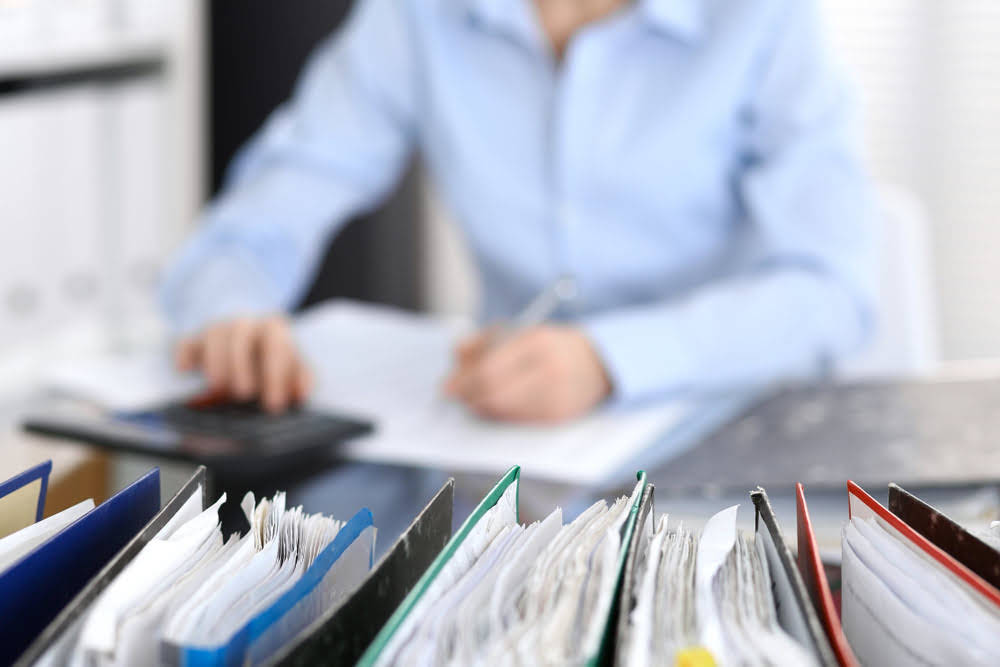
Bookkeeping involves keeping accurate records of all the money going in and out sole trader accounting of your business. Want to know how to manage your accounts while you focus on your business as a sole trader? Sustaining good financial habits is akin to maintaining a healthy lifestyle.
Litalist: Building a Community Between Book Lovers and Booksellers
Online bookkeeping software can make bookkeeping easier and more efficient, and it is essential to choose software that meets your business needs. By understanding bookkeeping and setting up a bookkeeping system, you can ensure that your business finances are accurate and up to date. This will enable you to make informed business decisions that drive growth and success. We are trying to build a comprehensive guide to all things that a sole trader could need to learn about managing their finances.

Track Your Allowable Expenses

Following sole trader bookkeeping best practices prevents emergency tax bills and penalties further down the line. Implementing the right bookkeeping software is invaluable for streamlining financial compliance under Making Tax Digital as a sole trader. As a bookkeeper for your sole trader business, you must record the PAYE and National Insurance details accurately and keep them for three years from the virtual accountant tax year-end they are incurred.
Cloud Accounting Software
You can register voluntarily even if you are below the threshold, and some sole traders decide to do this because it implies you’re a more established, trustworthy business. A tax allowance is the amount of income that a sole trader can earn tax-free within a tax year. It sets the threshold for taxable income, with any earnings above this amount being subject to income tax. Your choice in accounting software could mean the difference between sailing smoothly through tax season or hitting choppy waters. In scenarios where you’re scaling up or dealing with complex transactions, you’ll appreciate a tool with more advanced features.
- You’ll need to keep a record of all your invoices and receipts for six years.
- When it comes to setting up your sole trader bookkeeping system, the first decision is whether you will use software or manual methods.
- Xero is another great online accounting software which includes all of the features found in QuickBooks but is more expensive.
- When you leave a comment on this article, please note that if approved, it will be publicly available and visible at the bottom of the article on this blog.
- In addition to the business.gov.au, there are also various online courses and tutorials that can help you improve your bookkeeping skills.
- Stay on top of your records; regular updates can save you from a mountain of receipts come year-end.
- Different strokes for different folks, and the same applies when you’re managing your books.
She founded Business Accounting Basics, where she provides free advice and resources to small businesses. When it comes to expenses, things like advertising, bank charges, equipment, and professional fees can be claimed to lower your tax bill. Oh, and don’t forget, if your turnover exceeds £85,000, you must register for VAT. Recording all of this information not only helps you build a better picture of your overall finances, but will also be essential when it’s time to complete your self-assessment. If you’re interested in preparing accounts yourself, you’ll need to know which type of information you need to record.

- Having updated and accurate records ready before auditors arrive will save you time and help in identifying any areas where improvements are needed to adhere better to AASB standards.
- A sole trader is an individual who runs their own business and keeps all of its income.
- Having a separate business bank account is important when you are self-employed.
- We have reviewed some of the best accounting software for self-employed and how to choose the best package.
- If taking cash payments out and about, log in to a mobile app if offered by your accounting software provider.
- This software can prepare all the figures for the self-assessment tax return and track mileage and time.
This should be a daily process, to ensure all the transactions from the day are logged correctly. Speaking of audits, keeping receipts is like playing a game of memory – every piece of paper is a card in your deck, proving your moves. Nowadays, you’ve got digital tools and apps that make this memory game a breeze. Each technique has its place, depending on your business size and how hands-on you want to be with your numbers. If you’re a whiz with a spreadsheet and have a relatively straightforward financial world, that might be enough.
Here are the essential steps to get your sole trader accounts adjusting entries set up and running smoothly. It’s incredibly important to keep a record of all the income and expenditure of a business. This will make the process of paying and dealing with taxes much smoother. Make sure that you keep all of your receipts and invoices so you are prepared when the self-assessment deadline comes around.